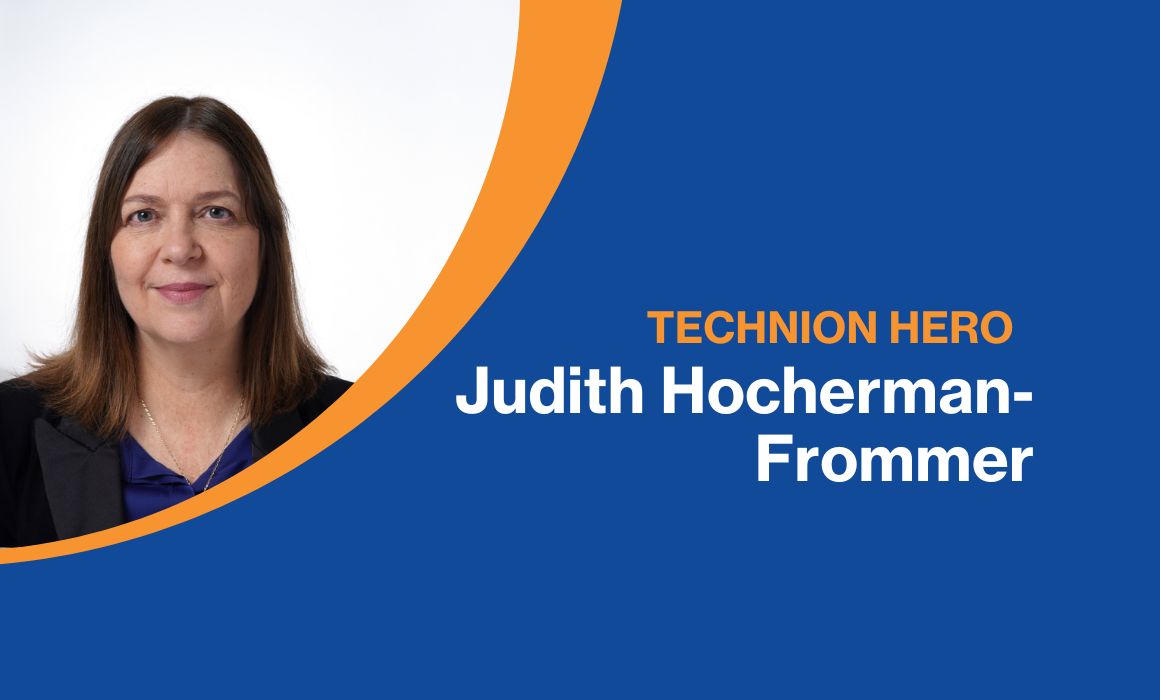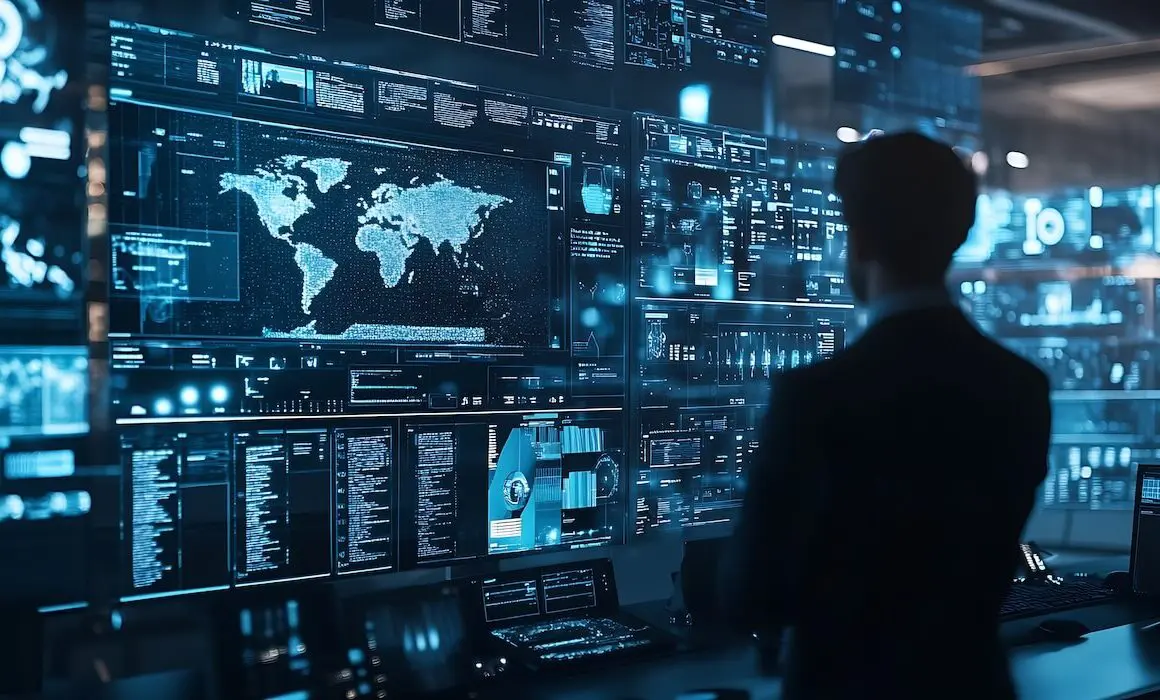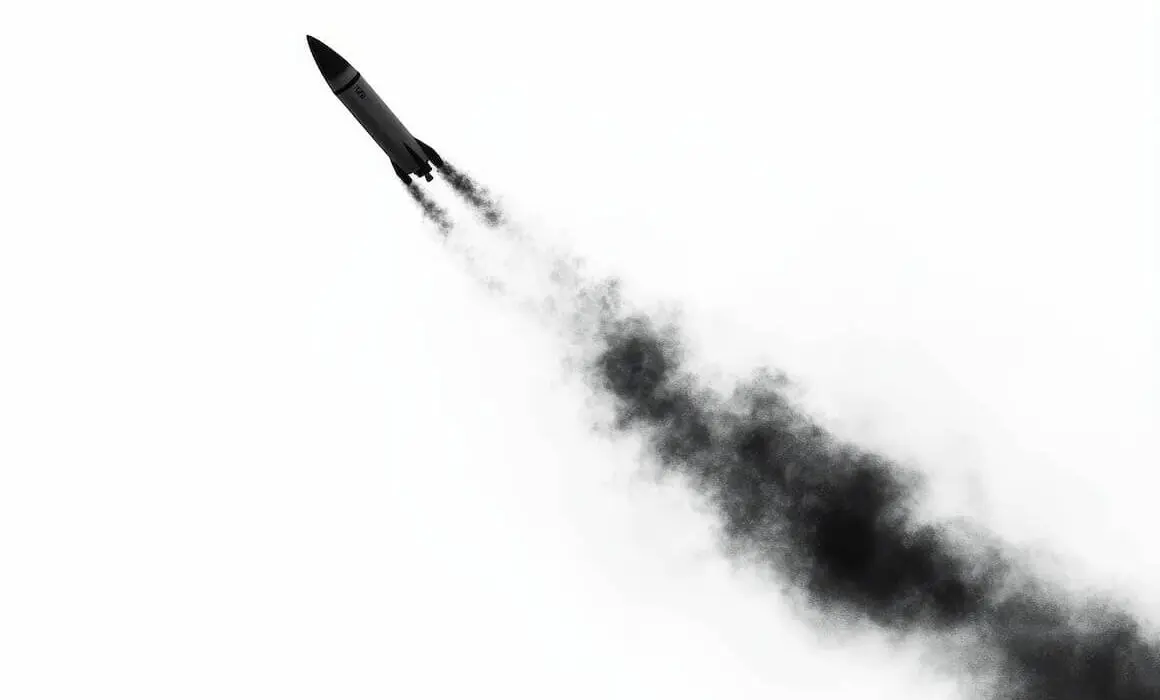Leading Defense Innovation for Israel

Judith Hocherman-Frommer always envisioned an academic career at the Technion. After all, she spent 10 years there. She received a bachelor’s degree (’87) in electrical engineering followed by a master’s (’90) and doctoral degree (’94) in control systems. After a postdoc at Princeton University, she taught as an adjunct lecturer for three years, while working full time at Rafael Advanced Defense Systems.
“I thought I would get some real-world experience before immersing myself in academia,” she said. She intended to stay for one year, but 27 years and five promotions later, Hocherman-Frommer is the executive vice president for research and development (R&D) at Rafael.
She is responsible for setting the R&D strategy, finding trends, and determining where to put research dollars for investment. She also oversees systems engineering and collaborations with academia and businesses.
There are several collaborative programs with the Technion that include teaching, student employment, and research. They send employees to the University to do research and the Technion sends students to Rafael for research as part of their degrees. In some cases, employees get their degrees from the Technion while doing their research at Rafael’s facilities, such as its quantum sensing laboratory.
“The Technion makes a great contribution to the qualitative competitive edge of Israel, which is extremely important for the country,” she said. “Many of our employees are Technion alumni, and other leading industries employ Technion graduates.”
When Hocherman-Frommer began her studies at the Technion in 1984, she was one of only about 10 women in a class of hundreds in electrical engineering. But it was never a concern to her, nor did she face any obstacles or discrimination. In fact, she chose the field simply because she wanted to excel in what was considered the most challenging field of study at the Technion.
Today, she is one of a few women in leadership positions in the defense industry. There are times when she is the only woman at the table, particularly in meetings with high-ranking military officers, but she has never felt out of place or disrespected. “I am appreciated for the contributions I make.”
Hocherman-Frommer is very proud of the role Rafael plays in keeping Israel safe. The company has won 59 Israeli defense awards, a number that is unprecedented. At the end of 2019, Forbes rated two of Rafael’s innovations among the 12 most significant defense systems of the decade: Iron Dome and Trophy, both of which are playing major roles in the current Hamas-Israel war.
Iron Dome

Iron Dome has saved thousands upon thousands of lives. Its ability to destroy rockets in mid-air with more than 90% accuracy allows Israelis to live during war with some degree of normalcy. Trophy is lesser known, but it has saved the lives of countless soldiers. It protects tanks from anti-tank guided missiles and rockets, rocket-propelled grenades, and high-explosive artillery.
“After the Forbes article, I thought, ‘what do I have to invest in now for the next decade?’” She’s sure Iron Beam will be the next super innovation. Iron Beam, still under development, uses a high-energy laser interceptor, and not a missile, to destroy targets. Through a process called coherent beam combining (CBC), the beams are combined to produce a higher power laser. It’s expected to be ready by 2025.
“It will work alongside Iron Dome to optimize the situation and maximize the weapon economy.”
Of the Technion, Hocherman-Frommer said she will never forget the mentors who instilled in her the importance of collaboration and striving for excellence, like her dissertation advisor Professor Ezra Zeheb, today an emeritus Gerard Swope Professor of Electrical Engineering. She’s also indebted to Professor Raphael Sivan, z”l, who was the head of the Department of Computer Engineering at the time. “He was a very skilled teacher, and you can still find his lectures on signals and systems on YouTube,” she said.
“The Technion is a place of excellence. First and foremost, I learned how to learn. I gained self-confidence. And I learned that if I work hard enough and seriously enough, I could cope with any challenge. Working hard and striving to excel are the keys to success. I got this from the Technion.”



